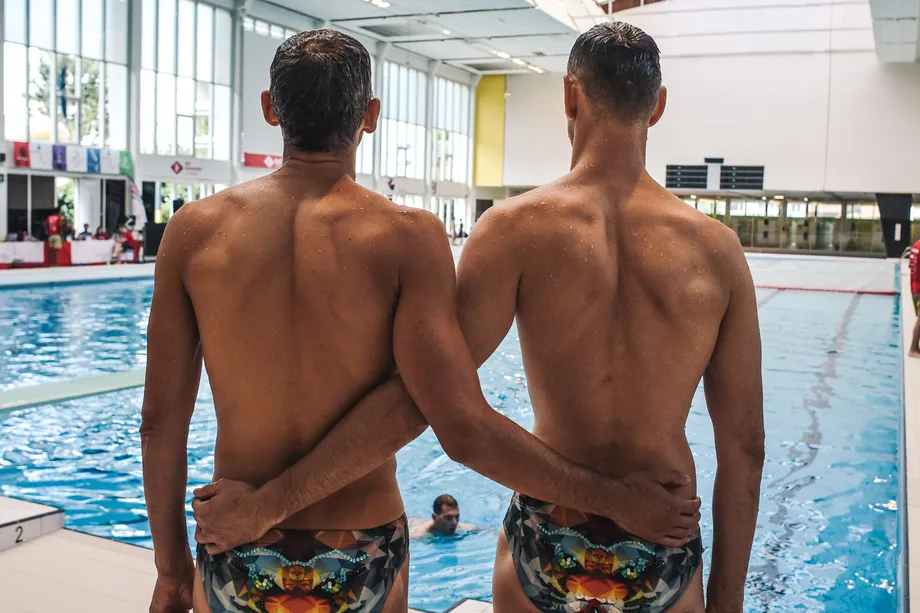Historically low registration numbers and logistical hurdles have cast a shadow over Gay Games XI, set to open in Hong Kong and Guadalajara this weekend. With just 2,381 participants in Hong Kong and 2,462 in Guadalajara, this marks a significant drop from previous years, putting the event’s identity in question.
These challenges stem partly from the decision to host the Games in Hong Kong, a choice made by the Federation of Gay Games (FGG) that has been marred by concerns over human rights violations and political tensions with the Chinese government. The ongoing COVID-19 pandemic further complicated matters.
The Hong Kong organizing committee, under pressure and amidst calls to cancel the Games due to China’s stance on LGBT advocacy, has declared that their aim is not to advocate for specific political changes but to promote inclusivity and diversity through sports, arts, and culture.
Meanwhile, in Guadalajara, organizers faced an unprecedented task of creating a second event in just 18 months, a remarkable feat for a quadrennial event. This move has raised questions about the event’s identity, with some wondering if a 2,000-person Gay Games can still capture the spirit of the Games that have drawn larger crowds in the past.
As the U.S. State Department issues travel guidelines for the Games in Guadalajara and concerns loom about the event’s ability to advocate for LGBT rights, the future of the Gay Games remains uncertain. The next edition, set to be held in Valencia, Spain, raises questions about its appeal, especially as the event grapples with its identity crisis.
While the essence of the Gay Games has always been about inclusion and diversity, the challenges faced in Hong Kong and Guadalajara have led to a deeper exploration of what the Games represent. Whether they can maintain their status as “The Games that change the world” remains to be seen.

